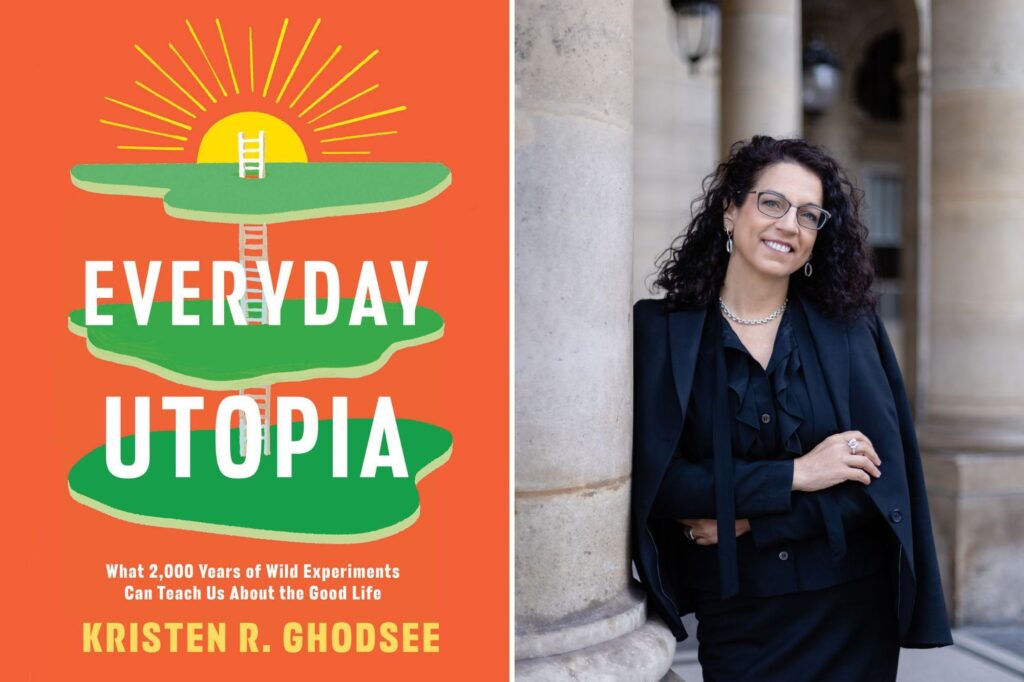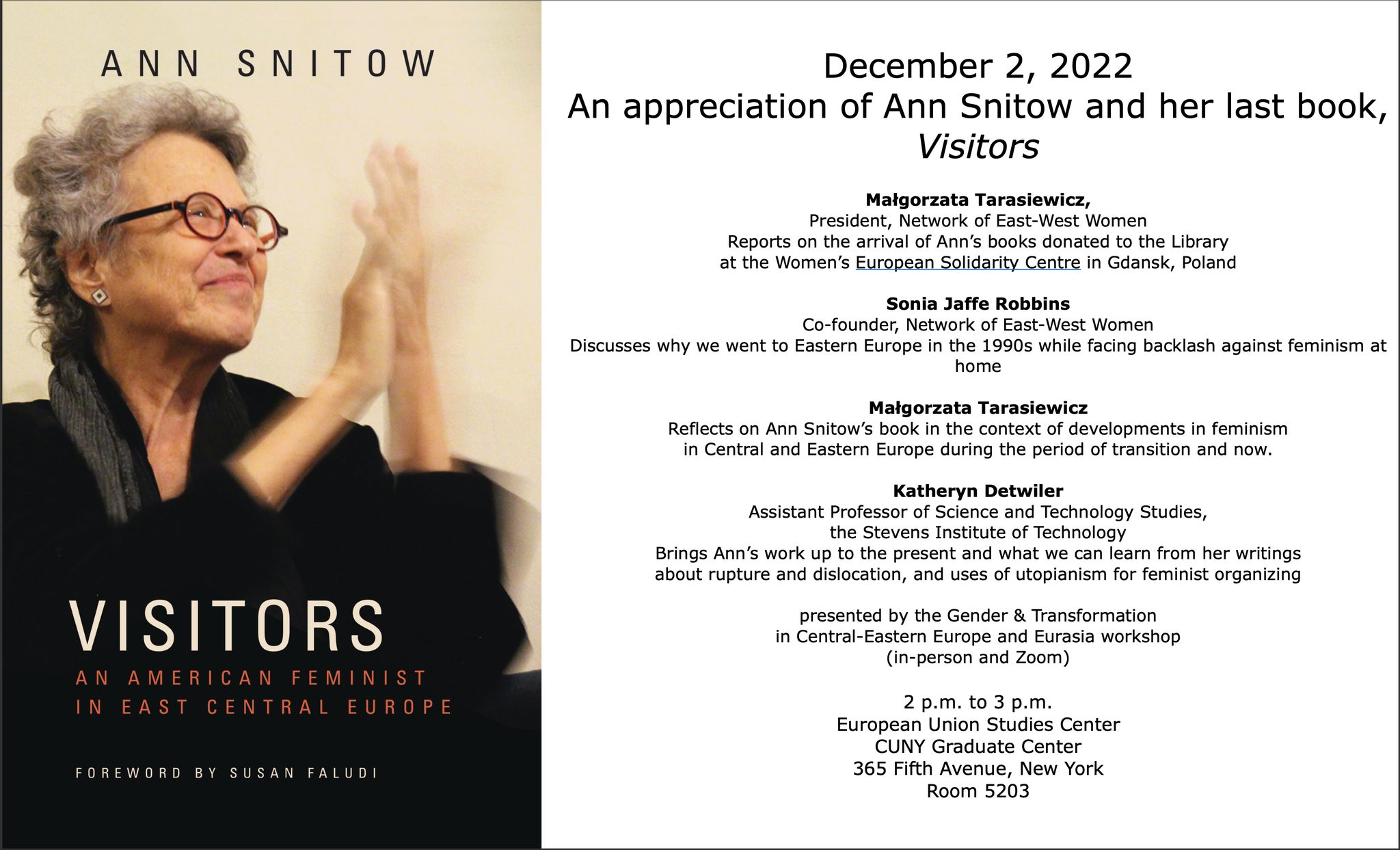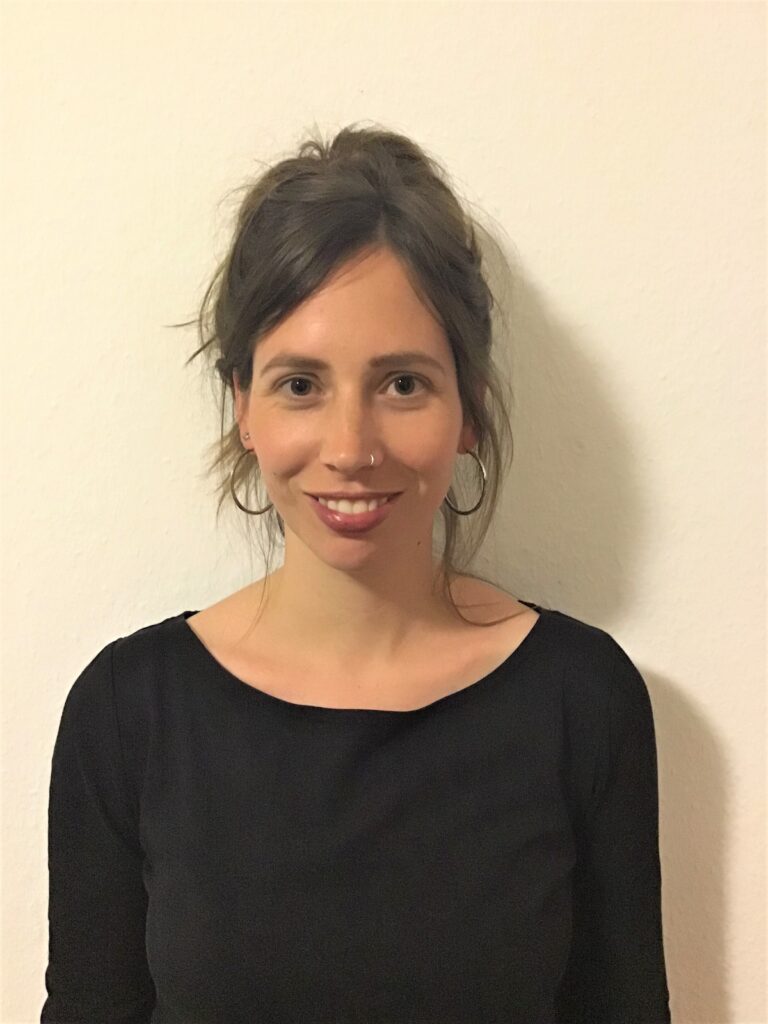Please join us for our third Fall 2022 meeting of the Gender & Transformation in Central-Eastern Europe and Eurasia workshop (In-person and Zoom)
Kateřina Lišková
Associate Professor, Masaryk University, Czechia
Friday, Nov. 4, 2022
2pm to 3pm
European Union Studies Center,
CUNY Graduate Center
365 5th Avenue, New York
Room 5203
With the advent of socialism, East-Central European (ECE) states emphasized women’s equality. I will show the unexpected progress brought to the fore by medical science in women’s sexual health. Drawing on my own and my team’s research on Poland, Hungary, Czechoslovakia, and East Germany, I will focus on the first postwar decade during which abortion on demand was legalized in most ECE countries, and gynecological and pregnancy care became institutionalized. During the 1950s, medical doctors in all ECE countries focused on female reproductive capacities in the new context of women’s growing participation in the labor force. Gynecologists debated whether work presented risks to pregnancies and concluded that paid jobs actually improved women’s chances at healthy childbearing because of socialist legislation regulating work safety, improved access to gynecological check-ups and, importantly, thanks to equality and better economic standing the working status brought to women. However, experts scolded housework for posing a danger to pregnant women: often, hard work, without any regulations, was exhausting to women and underscored their unequal status compared to men. The 1950s also marked the beginning of medical experts’ sustained attention to women’s marital and sexual satisfaction. While the Western-centered accounts place women’s liberation, including in sexual and reproductive lives, in the 1960s/70s, I will argue for an earlier and systemic liberation that took place in the 1950s in the countries of the Cold War East-Central Europe. I will underscore the vital role experts played in these developments.
In person RSVP: [email protected]
on Zoom, Register here: https://us02web.zoom.us/meeting/register/tZIqceirrDwpHtcw3BT-rOHoi3HMPgwVmoSN
We ask that participants read the paper before the workshop, which we will share with registered participants one week in advance. After a brief presentation by Prof. Lišková, most of the workshop will be devoted to discussion.
Note for in-person attendees: ID and proof of vaccination or negative PCR test within 7 days required.
Kateřina Lišková, Ph.D., is Associate Professor in sociology at Masaryk University, Czech Republic. Her research focuses on gender, sexuality, expertise, and the social organization of intimacy, particularly in Central and Eastern Europe. She is also affiliated as a guest researcher with the Department of History and Art History of Utrecht University.
In 2021, she was a Senior Fellow at the Descartes Center for the History and Philosophy of the Sciences and the Humanities. As a Marie Curie fellow, she was affiliated with Columbia University and Technische Universität in Berlin. Previously, she was at the New School for Social Research as a Fulbright Scholar; a Visiting Scholar with New York University; and a Fellow with the Imre Kertész Kolleg in Jena, Germany. Cambridge University Press published her previous research in a monograph titled Sexual Liberation, Socialist Style: Communist Czechoslovakia and the Science of Desire, 1945–89, which won the 2019 Barbara Heldt Prize for Best Book and received an honorable mention for the 2019 Adele E. Clarke Book Award.
Her papers have appeared in Medical History, History of the Human Sciences, History of Psychology, Sexualities, and History of the Family. She serves as an Editorial Board member for the European Journal for the History of Medicine and Health.





